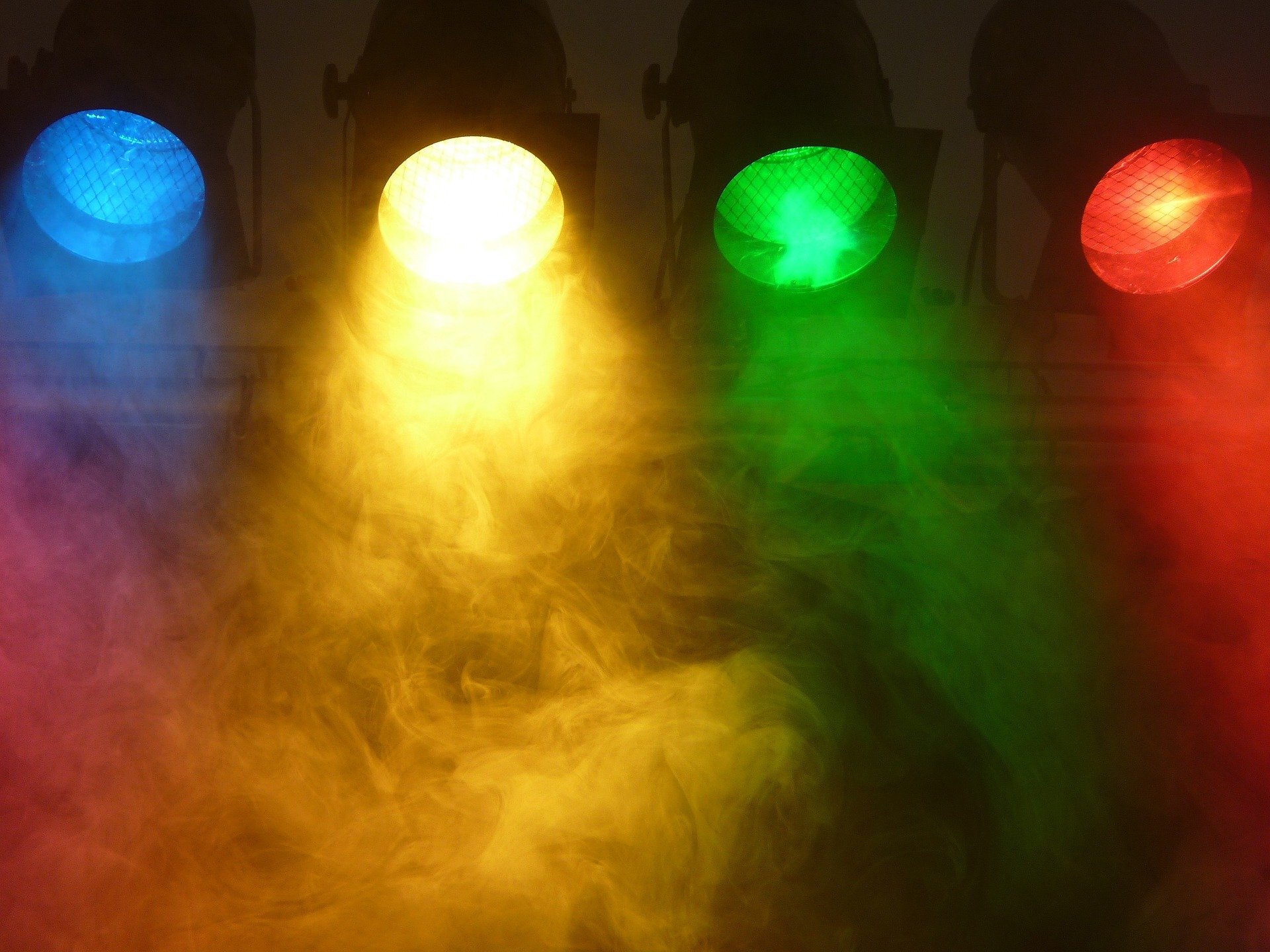
“This Isn’t Who We Are”: Actually, It Is…
I’m sitting in my kitchen in a DC suburb a few days after the attempted coup at the US Capitol Building. Like many folks I’m still processing what happened - and what is continuing to happen - and have a hard time putting my phone down. Among the breaking news reports of arrests, the grandstanding of GOP elected officials doubling-down on conspiracy theories and rhetoric that stoked these violent flames, and chatter over what is and is not protected by the First Amendment I keep seeing a common refrain: This isn’t who we are.

Queer Ancestor Spotlight: Ma Rainey
Born Gertrude Pridgett on April 26, 1886 in Columbus, Georgia Ma Rainey would grow to become the “Mother of the Blues” and one of the first blues singers to be recorded.

Guest Post: Temporary Memorials As Sites Of Grief
In recent years, we in the US have had to see a number of temporary memorials rise up. These memorials mark untimely, especially traumatic, deaths usually associated with victims of gun violence, brutality, or accidents. Memorials, especially if they are on the site of the event, become places to be in community with those lost and inhabit the same space, even if it is a headspace that is in memoriam. But these spaces aren’t just for remembering the dead, for the living temporary memorials become liminal sites that help individuals confront the trauma of sudden and often violent death.

Ritual: Storytelling As Healing
Storytelling has become an increasingly important part of my practice. It is a way that I connect with, call forth, and honor ancestors. There is power in being remembered and, when it comes to Queer Ancestors, power in having the lessons in your life shared with the next generation.

Queer Ancestor Spotlight: Karl Heinrich Ulrichs
Karl Heinrich Ulrichs was born August 28, 1825 in what was at the time the Kingdom of Hanover, part of the German Confederation. He studied law an theology at Göttingen University, graduating in 1846. He then studied history at Berlin University, graduating in 1848. Ulrichs then served as an administrative lawyer until he was dismissed due to his homosexuality in 1857.

The Importance Of Grieving Our Queer Dead
On October 26, 2018 Matthew Shepard was laid to rest in the Washington National Cathedral. I was fortunate enough to attend this ceremony with some friends. We were able to find seating in the north transept which allowed us to be remarkably close to the pulpit where the first openly gay Episcopal bishop, Gene Robinson, helped preside over the ceremony. What we did not know, however, was that we were also seated by the entrance to the crypt where Matthew would be interred.

Ritual: Remembering The Queer Dead
Twenty-two years ago Matthew Shepard was tortured in a field outside Laramie, Wyoming and left for dead for because he was a gay man. He died six days later, and his death sparked a monumental shift in how the country viewed the LGBTQ+ community. Two years ago, on October 26th, I was able to attend the interment ceremony where Matthew was finally given a permanent resting place in the Washington National Cathedral, and that experience was a wholly transformative experience for me as a gay man and as a queer witch.

Queer Ancestor Spotlight: José Sarria
José Sarria (December 19, 1922 - August 19, 2013) holds the distinction of being the first openly gay candidate for public office in the United States. He ran for the San Francisco Board of Supervisors in 1961. He almost won by default as there were originally not enough candidates to fill all open seats. When voting was done he had amassed 6,000 votes and came in ninth place. While not enough to secure a seat it was a shocking moment in the American political scene and showed the viability of a gay voting bloc.

Queer Ancestor Spotlight: William Dorsey Swann
The purpose of these spotlights is not to provide an exhaustive biography of any one figure, but to introduce you to a Queer Ancestor you may not have heard of and give you some highlights about their life. Also, to the best that I can, I’ll provide links to resources (free and for purchase) if you want to learn more about them.
For the inaugural Queer Ancestor Spotlight I want to focus on someone in my own “backyard”: William Dorsey Swann, and early American queer liberation activist and the first self-proclaimed “drag queen.”

Ritual: Healing and Strength for Marginalized Communities
After the attack on Pulse a poem began making the rounds online that really stuck with me. Over the last month or so I’ve found this poem floating into my conscious mind more frequently without really realizing why. A few weeks ago I turned to Google to find the entire poem and, upon reading it, I realized what my Queer Ancestors were trying to tell me.
